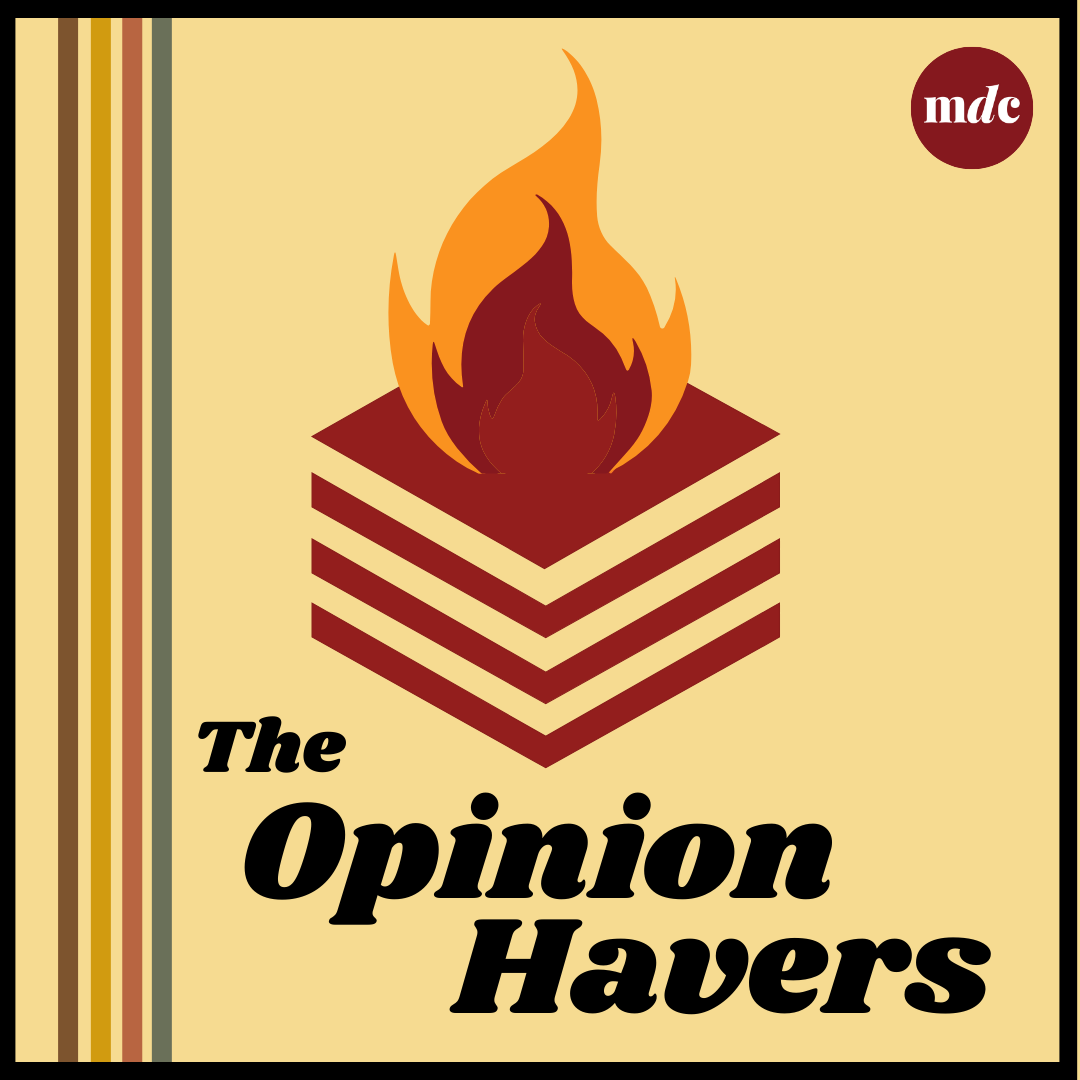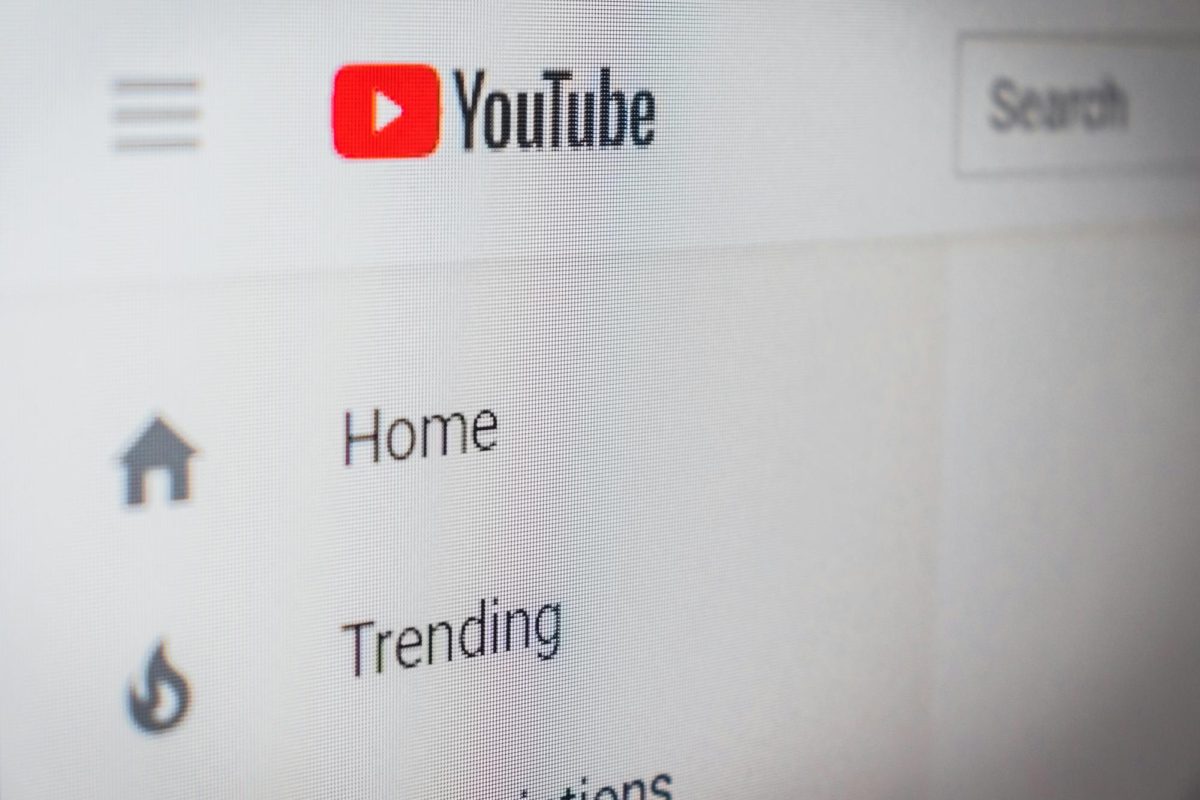
I once raised my hand during my high school psychology class, to which my teacher stopped the class and joked, “Hold on everyone, Maral is going to ask a question just for the sake of contradicting what I said.”
The most common complaint I receive from my friends about my friendship is that I play devil’s advocate too much. “For once, I just want you to agree with me upfront and not humanize the other side of the argument,” a friend once told me.
My mom believes that every time I ask her “how do you know?” when she makes a given argument, I am challenging her level of intellect, and complains constantly that I don’t believe what she says.
These anecdotes are not to show that I am a contrarian; I am not.
However, I value the practice of approaching a topic from multiple perspectives rather than accepting the perspective that is presented to me, and it is this practice that I try to bring to the opinion and editorial page of the Massachusetts Daily Collegian.
The Collegian serves the UMass campus and greater Pioneer Valley community, and as such, the opinion page serves as a platform to represent these voices.
It is no secret that Amherst and the surrounding area generally lean left in public opinion and on social issues. For that reason, the majority of the opinion columns that we receive and publish reflect those left-leaning sentiments.
We are comfortable reading these opinions: we agree, we commend our peers for writing their pieces and we find satisfaction in having our own beliefs reinforced.
However, the fundamental purpose of having opinion pages is to offer a channel for people to articulate and share their viewpoints: all viewpoints. That means publishing content that the general public or I might personally disagree with.
Whether intentionally or not, we expose ourselves to feedback that only validates our own beliefs: the media that we choose to consume, our professors and our peers. Uncontested, what we originally conceived of as our opinions evolve into facts. And facts, by definition and by nature, are much harder to contest.
So when we publish those articles whose positions run contrary to our opinions, or “personal facts,” we experience a knee-jerk reaction of indignation and outrage that such content can dare be printed.
As a result, when confronted with viewpoints that challenge our own truths of opinions, it destabilizes the way we conceive our realities. But it is important to remember that a statement of one’s opinion is not an attack of our own. It is just that: a statement of an opinion.
On several occasions, I have been faced with the decision of whether or not certain articles should be cut from publishing. More often than not, these articles presented opinions that were at odds with my own. However, it is journalistic duty to present multiple sides of a story or perspective, so as long as the articles at hand contained articulate positions backed up by fact, they would be published. Proceeding otherwise would be censorship.
The op/ed page is a place to engage in conversation and to explore different perspectives of ideas. To do so, a diverse range of ideas should be presented, not just ones that we agree with. A balanced and constructive discussion includes diversity of thought and the opinion page is the place for just that.
Questioning one’s own assumptions is essential in the growth of thought. We should be able to question our own beliefs and know why we believe what we believe. Ultimately, the opinion/editorial section strives to do just that.
Maral Margossian is the opinion editor and can be reached at [email protected].












![By freestocks.org [Creative Commons Zero], via Wikimedia Commons](https://dailycollegian.com/wp-content/uploads/2024/04/Picture1-1.png)




David Hunt 1990 • Mar 29, 2017 at 10:37 am
Kudos!
Challenging one’s assumptions is the hallmark of a mature and functioning mind. Even if you don’t change your mind, you’ve now started to understand WHY you believe as you do.
For too many, the following statement applies (especially on the Left) because they’ve wrapped up their beliefs with the view they are good people; thus, to change their viewpoint on a topic means they must admit they are NOT good people. And few have the strength to do that.
“Sometimes people hold a core belief that is very strong. When they are presented with evidence that works against that belief, the new evidence cannot be accepted. It would create a feeling that is extremely uncomfortable, called cognitive dissonance. And because it is so important to protect the core belief, they will rationalize, ignore and even deny anything that doesn’t fit in with the core belief.” – Frantz Fanon